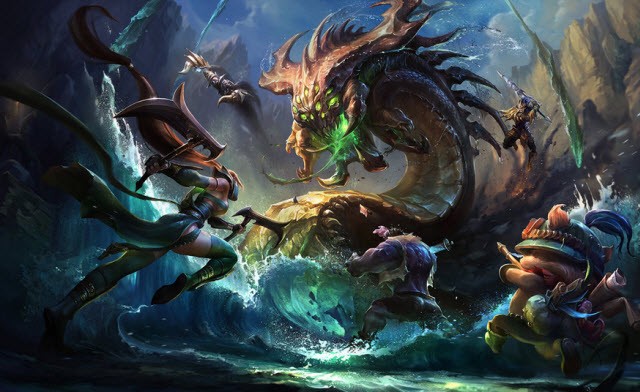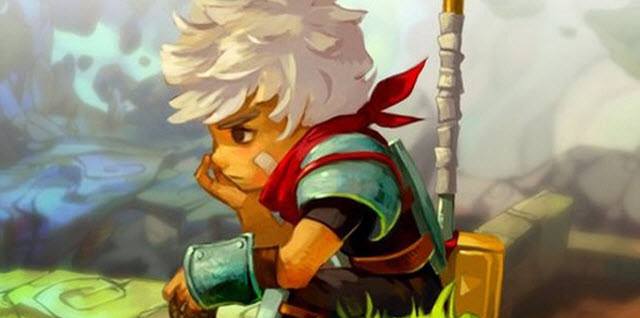
We all know the major players of the video game industry, from Activision (Call of Duty) to Ubisoft (Assassin’s Creed) to EA (Mass Effect). But what about developers who have just starting to see their stars rise in the last few years? I thought I’d take some time to spotlight a few developers who may end up being the giants of the industry soon enough, despite only a handful of games to their names at this point. Here’s a look at five video game companies that are on the rise…..
Telltale Games
I’ve written about Telltale previously, as the company is responsible for The Walking Dead, a story-based game that was many a critic’s Game of the Year in 2012, my own included. Rather than make a FPS game about zombies the way some would, Telltale decided to make it about the characters instead.
Now, they’re returned for a second season of The Walking Dead, and an adaptation of the graphic novel Fables called The Wolf Among Us, also told in storybook chapter form. Now, Telltale’s star is rising so high that they’ve been recruited to make a Borderlands story-based game in conjunction with Gearbox, and also a Game of Thrones story game with HBO. As interactive storytelling continues to increase in popularity, Telltale is definitely at the forefront of the movement.

Riot Games
It may seem odd that the publisher of the most popular game in the world is considered “up and coming,” but given how new Riot is, and how far League of Legends has come in such a short amount of time, the identifier seems appropriate. League of Legends, the free to play MOBA, now attracts over 67 million monthly players, dramatically outpacing anything that isn’t a mobile app that barely could be considered a “game.” Riot has devoted all of their energies into League of Legends, and seems to be on a path to never actually come out with a sequel, rather just keep upgrading it and updating it to keep up with the times. That said, Riot certainly has the ability to expand into other games or even other forms of media if they wanted to through League, and the sky’s the limit for them.
[Photo via Riot]

The Fullbright Company
The Fullbright Company was responsible for one of the most profound games of last year, Gone Home. It was a story about a girl who returns to an empty house, only to figure out what happened to her family through finding clues scattered throughout the place. It’s not a horror game, though it can feel a bit creepy at times. Rather, the main point of the journey is that the central character discovers documentation through journals and audio tapes about her younger sister discovering that she likes girls, and how she has her first crush on a classmate. There are also issues about her father’s alcoholism, her mother’s coldness and the secrets of long dead relatives. Gone Home was a unique experience and a powerful game for having such a low budget. Expect to see great things from The Fullbright Company in the years to come.
[Photo via Fullbright]

Supergiant Games
Supergiant Games has developed two of the most beautiful indie games in recent memory, Bastion and Transistor. They rely on old school mechanics and though they don’t have incredibly advanced CGI graphics, the art style they employ is absolutely gorgeous, both in Bastion and in the recently released Transistor, and both have soundtracks that are unparalleled. Supergiant seems like they’re on a path to greatness, and with each success comes bigger budgets and more of an ability to do anything they want. Do yourself a favor and check out some of their games if you haven’t.
[Photo via Supergiant]
Subset Games
Subset is responsible for the strategy/adventure game FTL: Faster than Light, which uses simple graphics but complex concepts to have a player manage the machinery and crew of a spaceship. The game’s advanced puzzle mechanics, combined with real-time action of spaceship fights made it a must play, and one of the best games of the year. Subset Game is still so small they don’t even have their own Wikipedia page yet, but it would be smart to expect big things from the tiny studio in the future, given how well they did with FTL.
[Photo via Subset]

